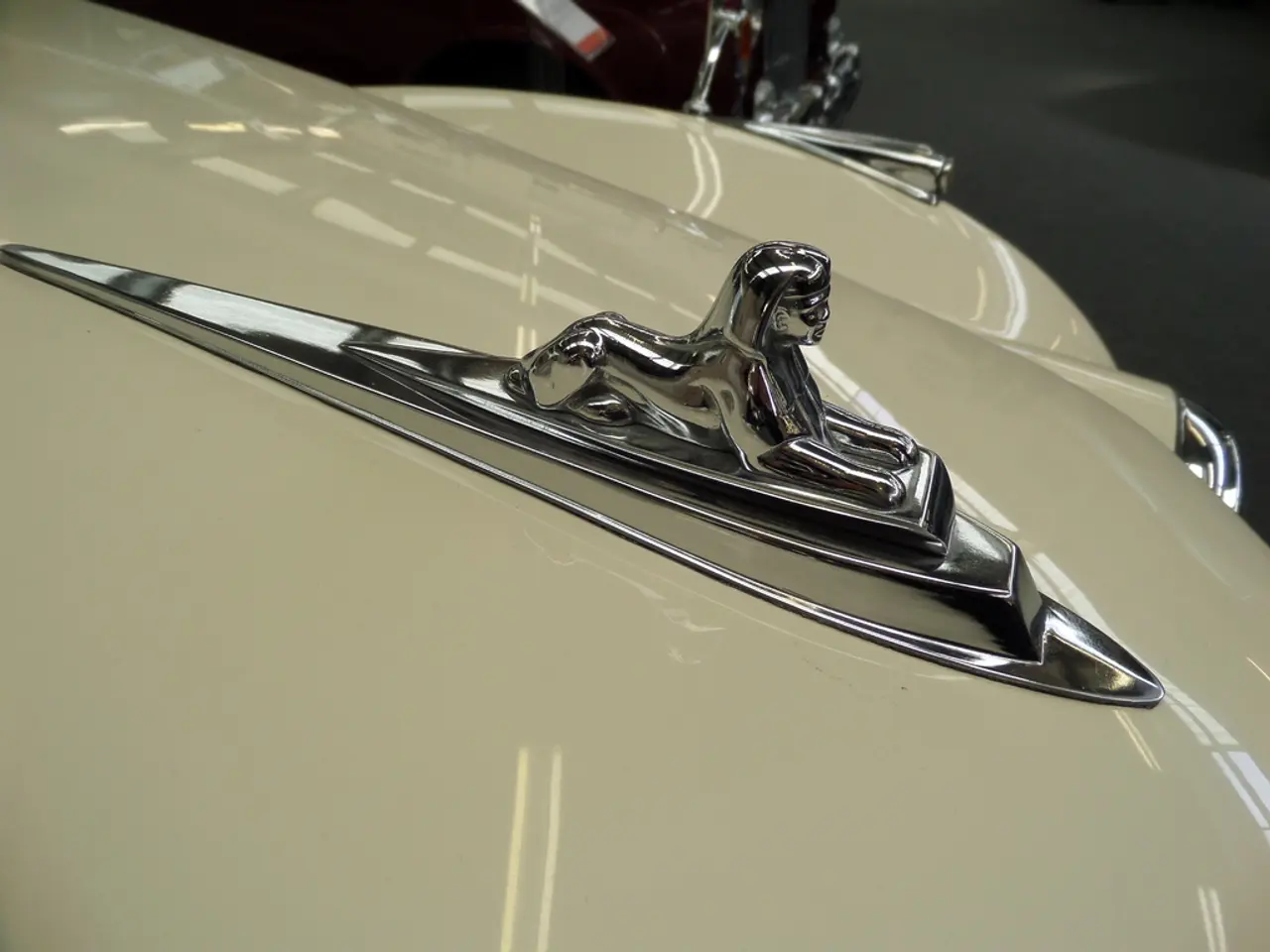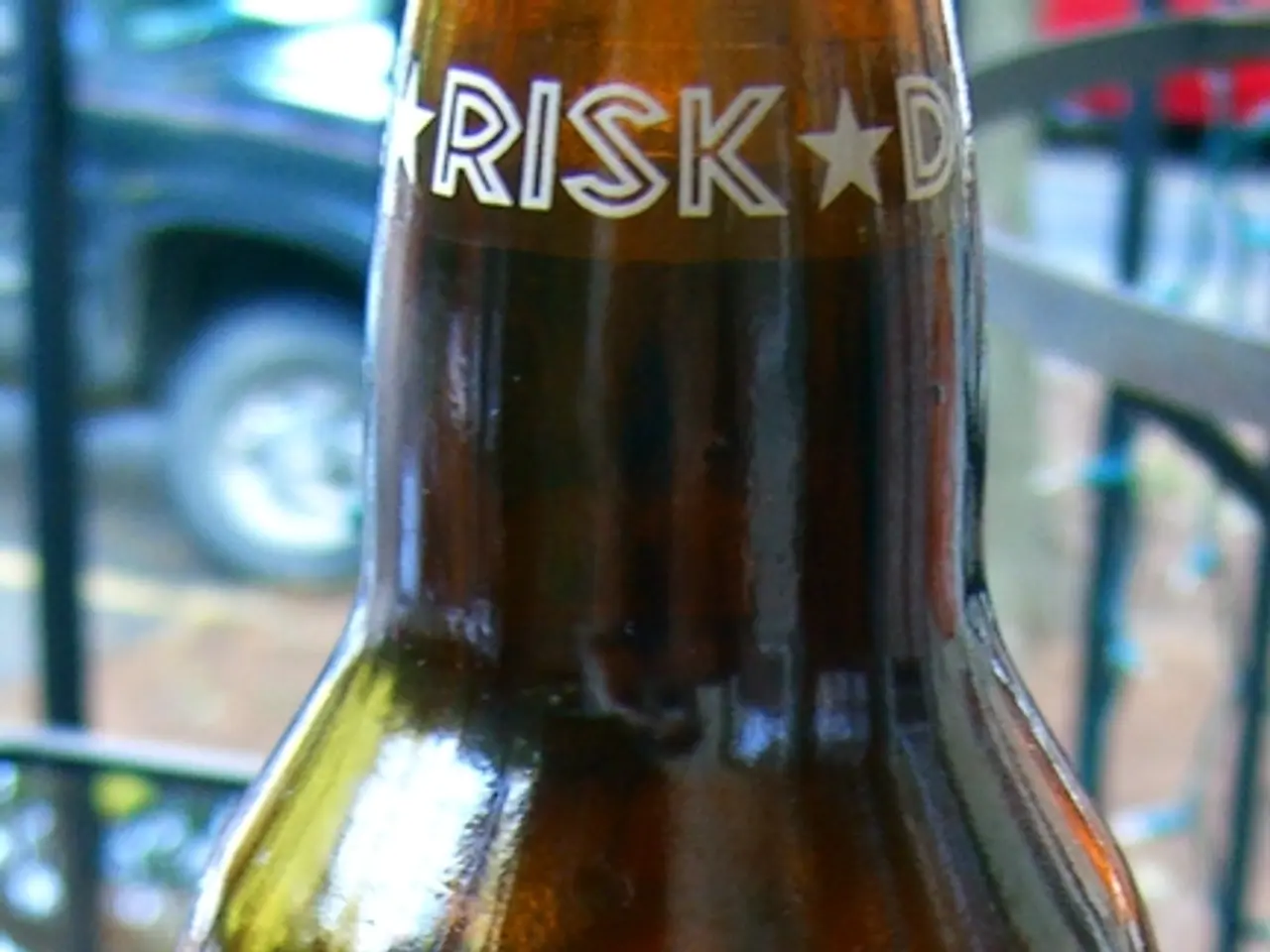Major French automaker discontinues use of animal hides - yet continues to omit several brands exempt from vegan pledge
In the world of luxury cars, brands like Bentley, Jaguar Land Rover, and Mercedes-Benz are not strangers to the use of leather in their passenger vehicles. However, some of these brands, including Mercedes-Benz and BMW, also offer non-animal leather as standard in certain models 3.
The shift towards more sustainable practices is not exclusive to these brands. Fiat, Volkswagen, Volvo, Citroën, Dacia, Peugeot, Renault, smart, and Polestar all provide vegan interior options either standard or as an option 1.
This move towards vegan interiors is driven by concerns about the environmental impact of traditional leather production. According to PETA, the global leather trade is responsible for the death of one billion animals every year 2. The process of transforming animal hides into leather requires up to 170 chemicals, including harmful substances like cyanide, chromium, and coal-tar derivatives 2. These toxic chemicals are not only harmful to human tannery workers but also poison waterways 2.
Moreover, PETA asserts that non-vegan car interiors tend to have a worse environmental impact than fashion items made from animal skins 2. This is due to the energy-intensive tanning process and the large amount of resources required to produce leather.
One brand bucking this trend is Tesla, which uses synthetic, high-quality vegan leather across its vehicle line-up 3. Tesla's commitment to sustainability extends beyond its interiors, as it strives to make its vehicles as eco-friendly as possible.
Renault has also joined the ranks of brands committed to sustainability. The company has announced its intention to eliminate the use of animal leather interiors across its entire range of vehicles by the end of the year 2.
However, not all brands have followed suit. Alfa Romeo, Audi, Bentley, Bugatti, Cupra, Dodge, DS Automobiles, Ferrari, Lamborghini, Maserati, Mazda, Porsche, Rolls-Royce, Seat, and Skoda do not currently offer vegan-friendly alternatives to leather in their new models 3.
The move towards vegan interiors is not without its challenges. Some lubricants used in cars include animal fat as an ingredient, and some painting processes, like that of Minis, use female ostrich feathers to remove traces of dust 2.
Despite these challenges, the push for sustainability in the automotive industry is gaining momentum. Brands are recognising the importance of reducing their environmental impact and are taking steps to make their vehicles more eco-friendly. As this trend continues, we can expect to see more brands adopting vegan interiors in the future.
- The shift towards vegan interior options extends beyond the luxury car industry, with companies like Fiat, Volkswagen, Volvo, Citroën, Dacia, Peugeot, Renault, smart, and Polestar also offering such options.
- PETA has asserted that non-vegan car interiors, despite the energy-intensive tanning process and the large amount of resources required to produce leather, tend to have a worse environmental impact than fashion items made from animal skins.
- Tesla, known for its commitment to sustainability, uses synthetic, high-quality vegan leather across its vehicle line-up, setting an example for other brands.
- In the realm of personal finance, investing in sustainable companies that prioritize eco-friendly practices, such as Tesla, can be a smart choice for those interested in wealth management and long-term wealth creation.
- The general news media have been covering the growing trend of vegan interior options in the automotive industry, highlighting brands like Renault that have announced their intention to eliminate animal leather interiors from their entire vehicle range.
- The casino-and-gambling sector is also recognizing the importance of sustainability, with many establishments making efforts to reduce their carbon footprint and implement eco-friendly practices, much like the automotive industry.
- The importance of education and self-development in understanding sustainable practices and their impact on our lifestyle choices, including fashion-and-beauty, food-and-drink, and technology, cannot be overstated as we strive for a more environmentally conscious world.




